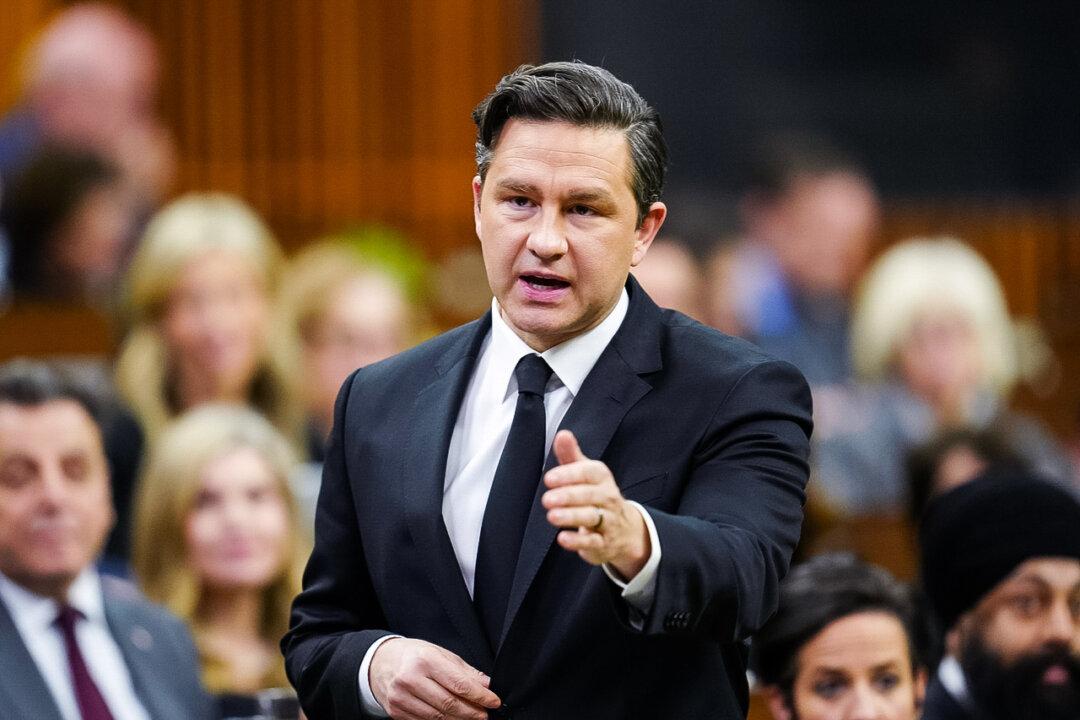Canadians “have a right to know” which MPs have been accused in a new intelligence report of “wittingly” working with foreign state actors, Conservative Leader Pierre Poilievre says.
The National Security and Intelligence Committee of Parliamentarians (NSICOP) on June 3 released a heavily redacted report that alleged some members of parliament began working with foreign governments “soon after their election.” The report accuses them of helping countries like China and India meddle in Canada’s affairs.





